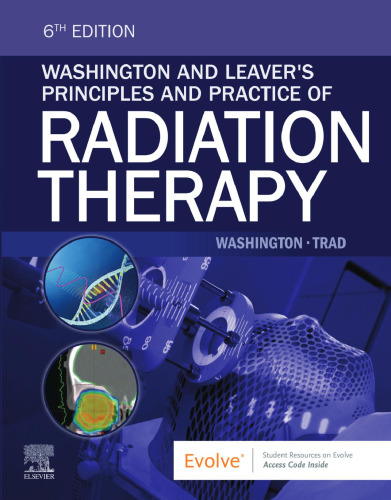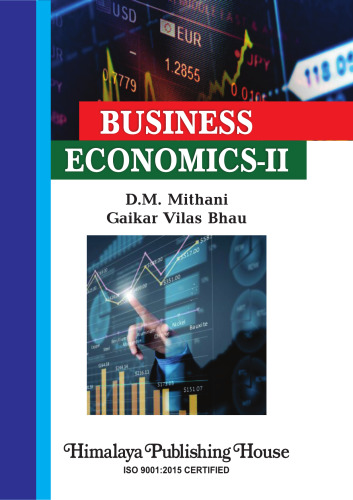دانلود کتاب The Old Testament In Its World: Papers Read At The Winter Meeting - Original PDF
Author:
Robert P. Gordon, Johannes C. De Moor
0 (0)
توضیحات کتاب :
This volume brings together papers read at the Winter Meeting of The Society for Old Testament Study in Birmingham, 6-8 January, 2003, and at the joint meeting of The Society for Old Testament Study and the Oudtestamentisch Werkgezelschap in Nederland en Belgi¨e, in Cambridge, 21-23 July, 2003.
سرچ در وردکت | سرچ در گودریدز | سرچ در اب بوکز | سرچ در آمازون | سرچ در گوگل بوک
99 بازدید 0 خرید
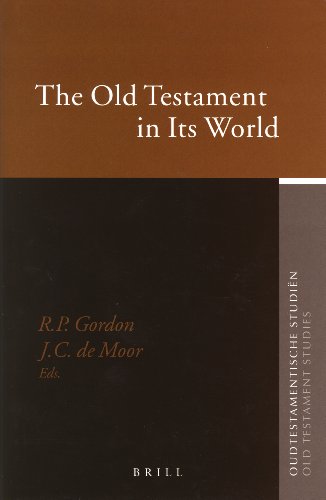


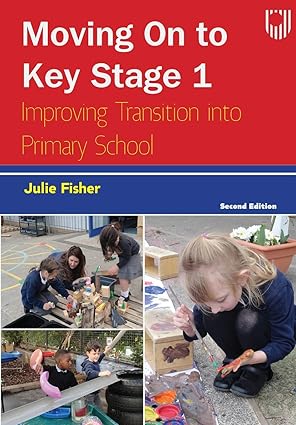
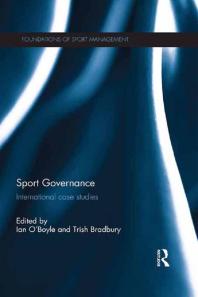


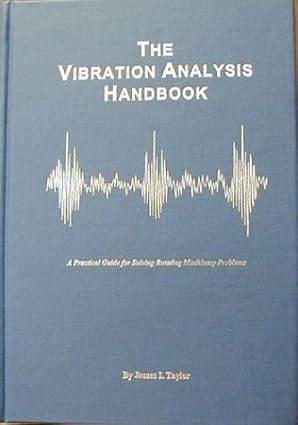
![Our mission to the court of Marocco [Morocco] in 1880, under Sir John Drummond Hay - pdf Our mission to the court of Marocco [Morocco] in 1880, under Sir John Drummond Hay - pdf](https://dl.libsan.ir/images/1/12/112108724_694b9e9769312.jpg)
